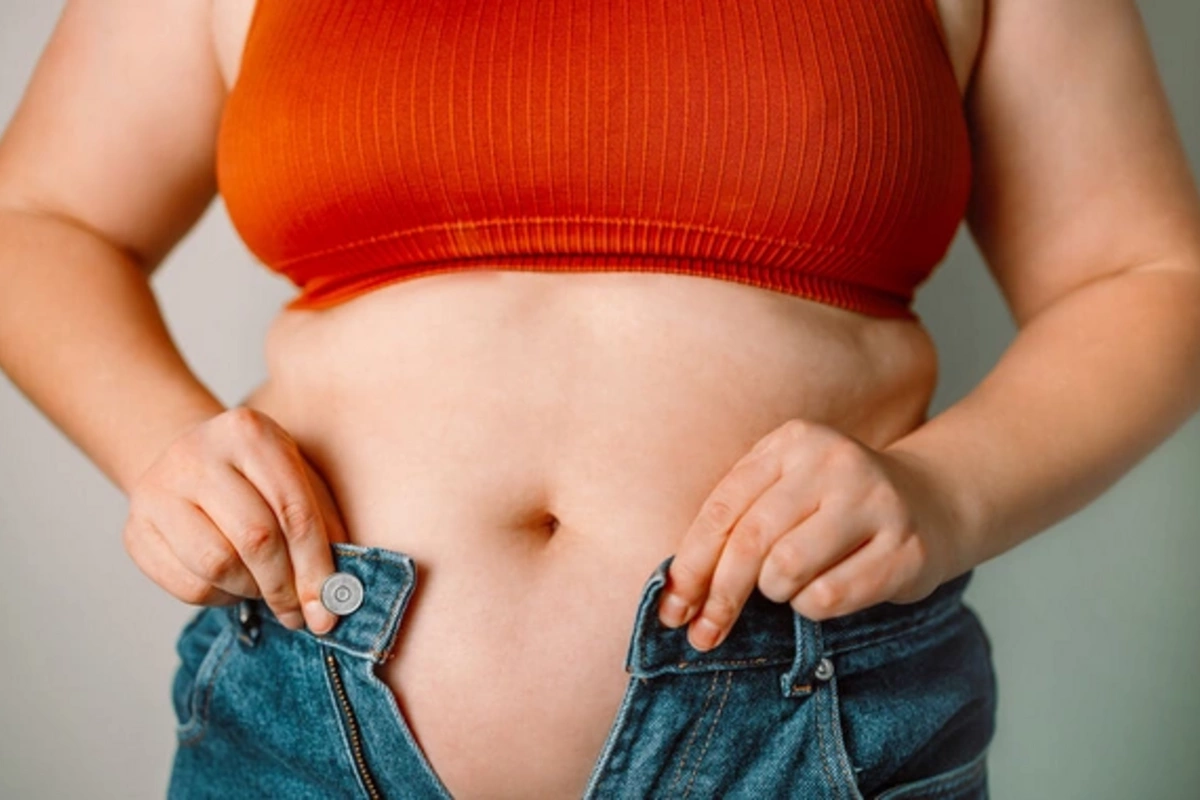11 Jun , 13:27
0

Age-related weight gain: why losing weight becomes more difficult with age and how to combat it? Russian scientists have revealed metabolism secrets that will help maintain slimness at any age.
As reported by TUT.AZ with reference to "Gazeta.Ru", endocrinologist, nutritionist, and candidate of medical sciences Oksana Mikhaleva refuted the common belief that thyroid dysfunction is the main cause of age-related weight gain.
"The main reason lies in the decrease of metabolism, that is, the metabolic rate, which is directly related to the gradual reduction of a person's muscle mass with age," the expert explained.
According to Mikhaleva, muscles are the main energy-consuming organ where most calories are burned. "Accordingly, the greater the muscle mass, the better calories are burned, and the lower the muscle mass, the worse this process occurs," the specialist noted.
The expert emphasized that hormones, such as somatotropic hormone (growth hormone) and sex hormones, especially testosterone, affect the maintenance of normal muscle mass levels. This is why men, who have significantly higher testosterone levels than women, are less prone to obesity and lose weight more easily.
"With age, there is a decrease in the production of various hormones. In women and men, these processes occur differently and at different ages. But, for example, if we talk about growth hormone, its production begins to decline as early as 30 years of age," the doctor added.
Mikhaleva particularly noted that the level of physical activity has the main influence on maintaining normal muscle mass. Unfortunately, more than 70% (and even 90%) of the population suffers from physical inactivity, especially older people.
However, the Russian endocrinologist is confident that both women and men can avoid age-related weight gain. To do this, it is necessary to monitor lifestyle, nutrition, and maintain a sufficient level of physical activity.
"To maintain normal muscle mass in all age groups, a basic level of physical activity is needed - 10 thousand steps a day, plus at least 150 minutes per week of moderate to high-intensity physical activity," the specialist recommends.
In addition, Mikhaleva advises reducing caloric intake by 100 kcal after the age of 40, and by another 100 kcal from the age of 50-55, as the body's need for calories decreases with age.